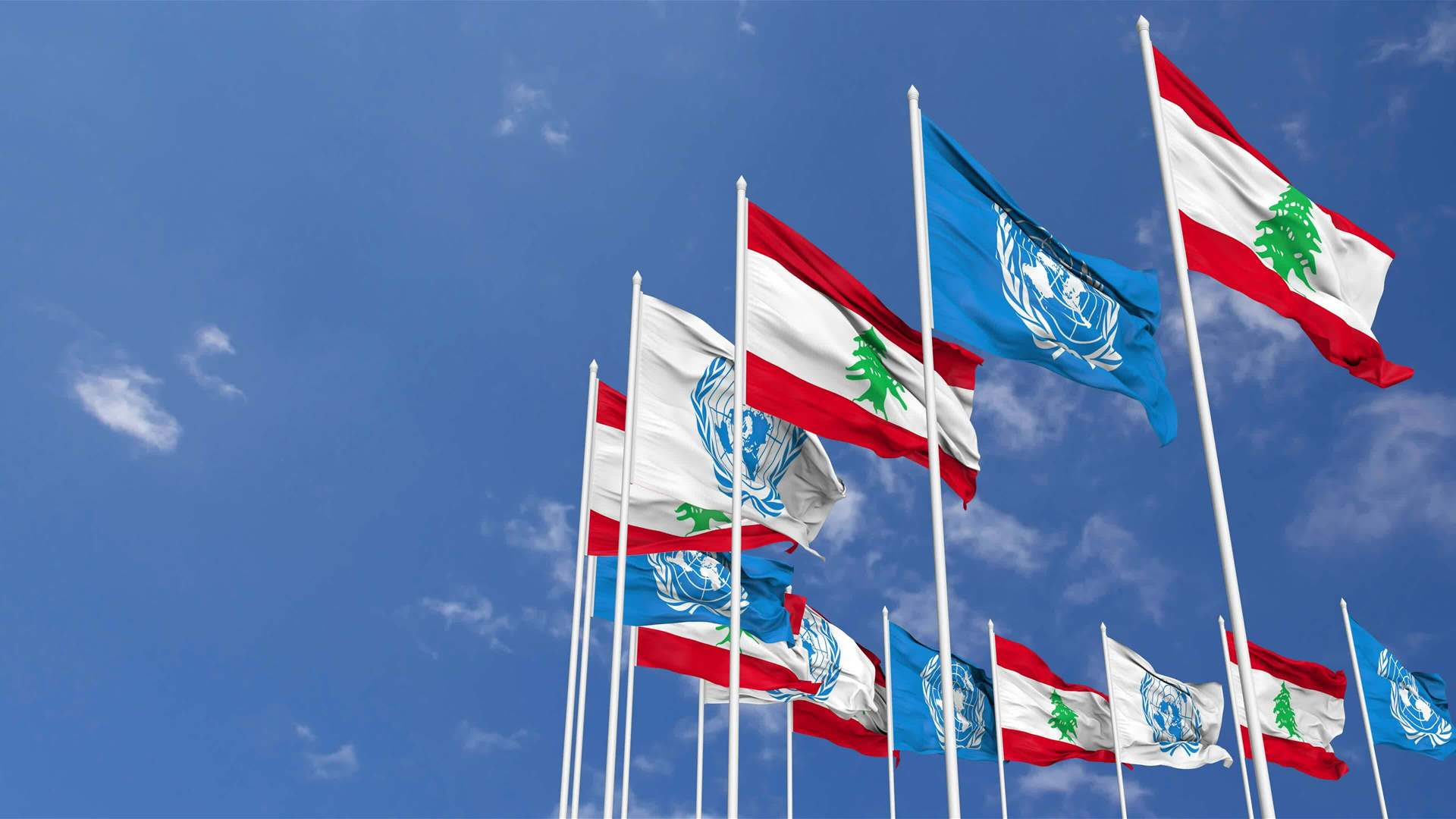The Lebanese Ministry of Foreign Affairs announced that Lebanon secured a spot at the United Nations Economic and Social Council (ECOSOC) for the 2026-2028 term.
ECOSOC is one of the six main organs of the United Nations (UN). It is responsible for coordinating the UN’s work on social, economic, cultural, and humanitarian issues and advancing progress toward the Sustainable Development Goals (SDGs).
It focuses on multilateral initiatives to reduce poverty, improve health and education metrics, and enhance economic growth, social progress, and cultural development.
It consists of 54 members, 18 of which are elected each year by the UN’s General Assembly for a three-year term. With its election, Lebanon will be able to actively participate in ECOSOC’s deliberations and contribute to global efforts for sustainable development.
Lebanon had endorsed the 2030 Agenda in September 2015, and had presented its Voluntary National Review (VNR) in July 2018, part of the reporting mechanism for the 2030 Agenda. The VNR helps provide a general overview of a country’s progress toward achieving the SDGs.
Lebanon was also elected as one of the Vice Presidents of the 80th session of the UN General Assembly. The Ministry of Foreign Affairs credited these achievements to efforts by Lebaon’s Permanent Mission to the UN in New York.
At the same time, however, the UN General Assembly also elected Germany’s ex-Foreign Minister Annalena Baerbock as next president. Baerbock’s election can be considered a disappointment for Lebanon and Palestine given the ex-Foreign Minister’s extreme pro-Israeli stances since 2023.
Lebanon Hopes for Regaining International Trust
Lebanon’s engagement in UN and other global fora comes as part of attempts to restore international trust in the Lebanese state. It is part of efforts from the new government to restore regional and international relations, both on a bilateral level and within international fora of deliberation.
Lebanon also hopes to unlock well-needed aid for reconstruction, humanitarian, and development efforts. On Thursday, Prime Minister Nawaf Salam chaired a high-level meeting at the Grand Serail with International Monetary Fund (IMF) mission chief Ernesto Ramirez alongside key Lebanese officials.
Among those was Finance Minister Yassine Jaber, who described the meeting as a “conclusive session” on the roadmap ahead of the Fund’s anticipated return in late summer or early autumn, according to the National News Agency.
Well-needed reforms constitute a central part of international financial institutions and donors’ demands for Lebanon. These include substantial public financial management interventions, transparent reforms in the country’s banking sector, and for some a resolution to the issue of state monopoly over arms.


